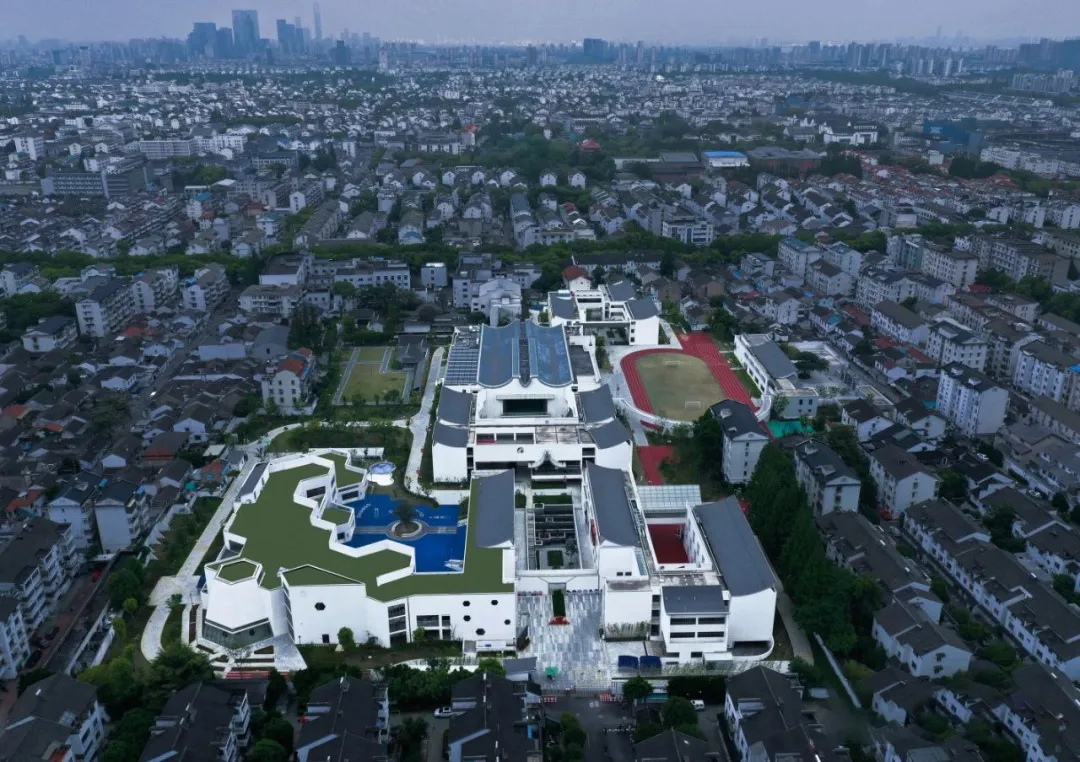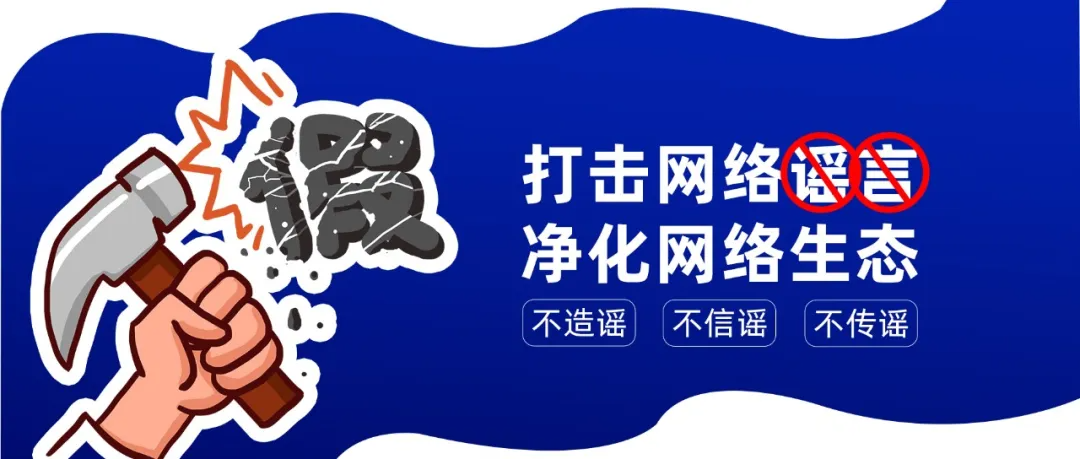
In order to continue to promote the special action of combating and rectifying online rumors, improve the public's awareness of popular science on refuting online rumors, and enhance the public's ability to identify and distinguish rumors, the Shengang Police Station of Jiangyin Public Security Bureau organized a publicity campaign to combat online rumors.
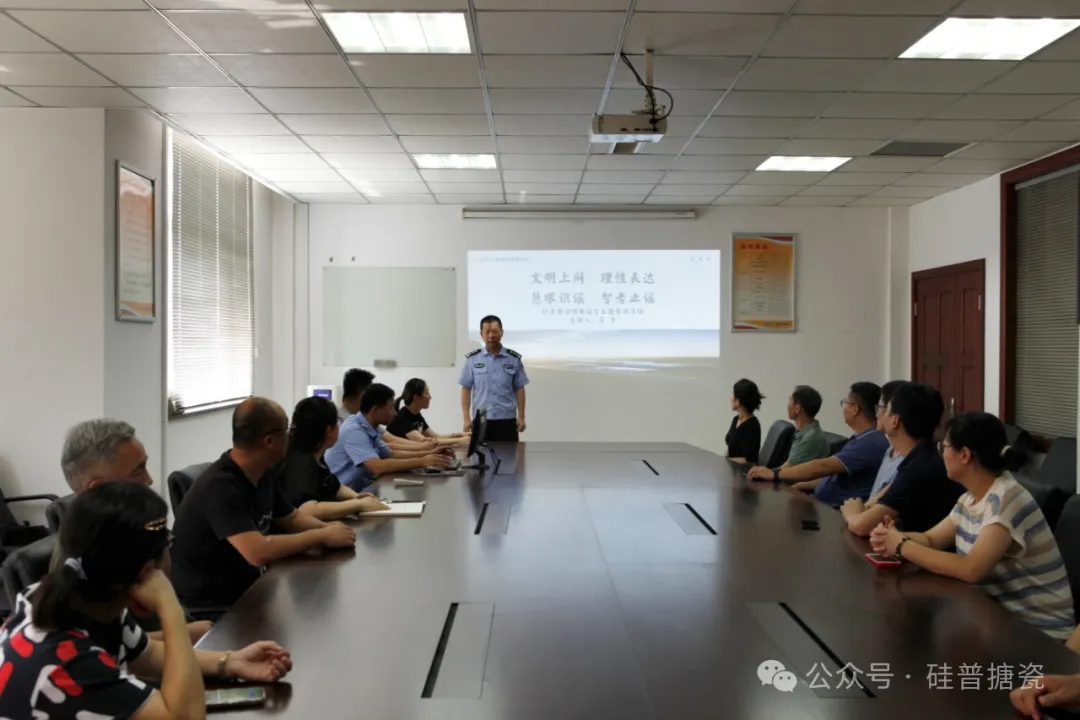
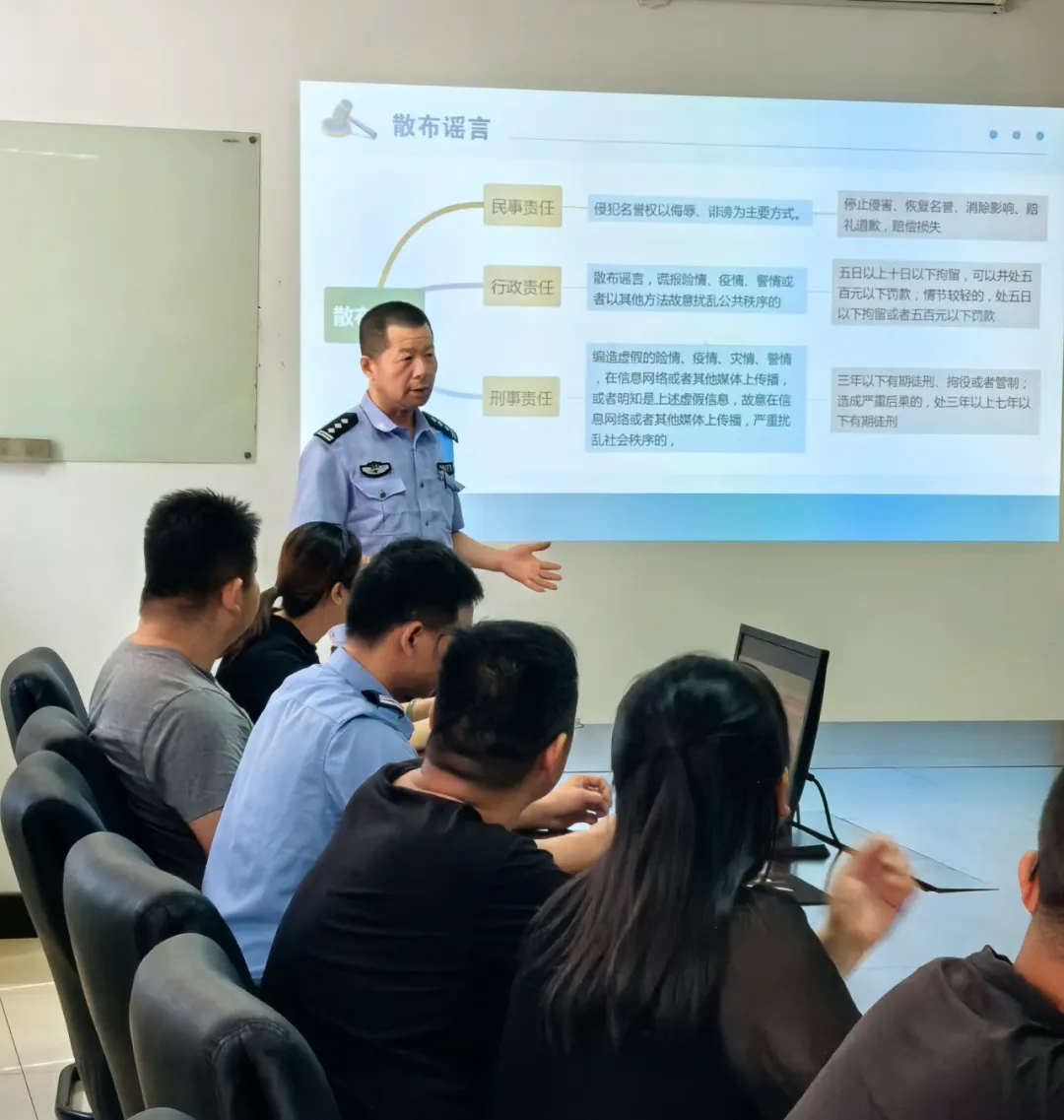
During the event, the police officers of Shengang Police Station went deep into the enterprises in the jurisdiction and explained the sources, categories, and legal consequences of spreading and making rumors to the employees of the enterprises through on-site lectures, helping the masses to improve their awareness and skills of preventing and resisting online rumors, advocating the masses to consciously resist online rumors and false information, and become participants and disseminators of online civilization construction.
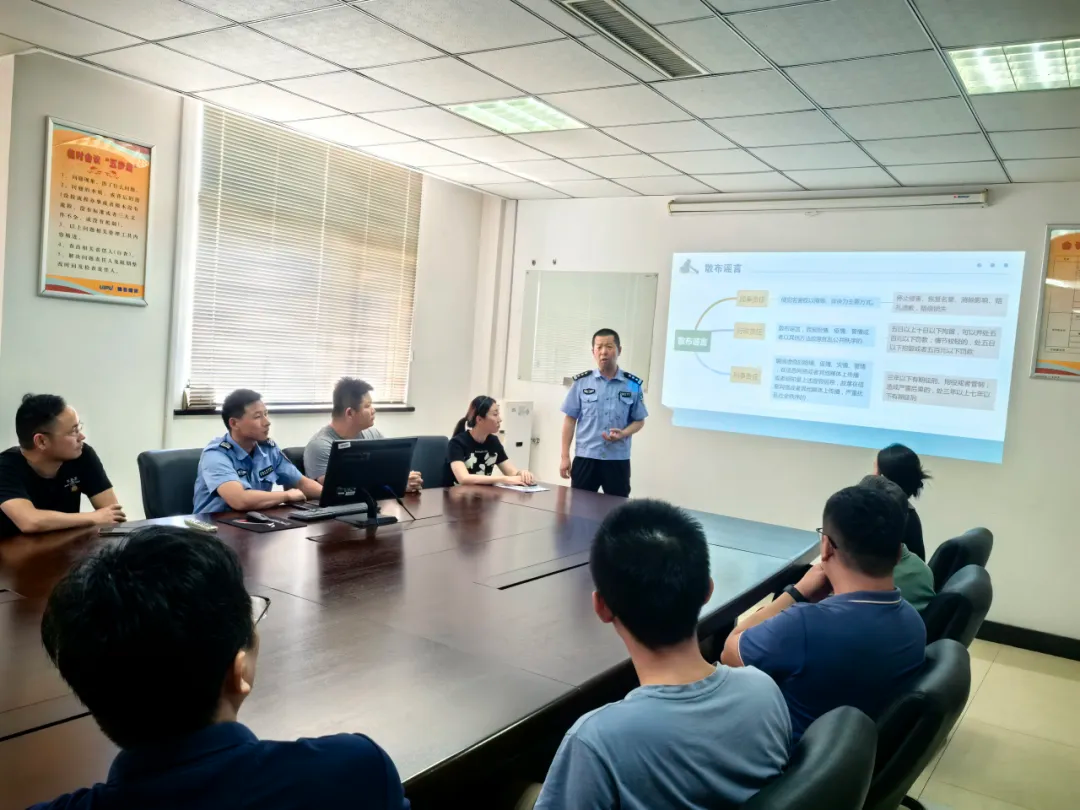
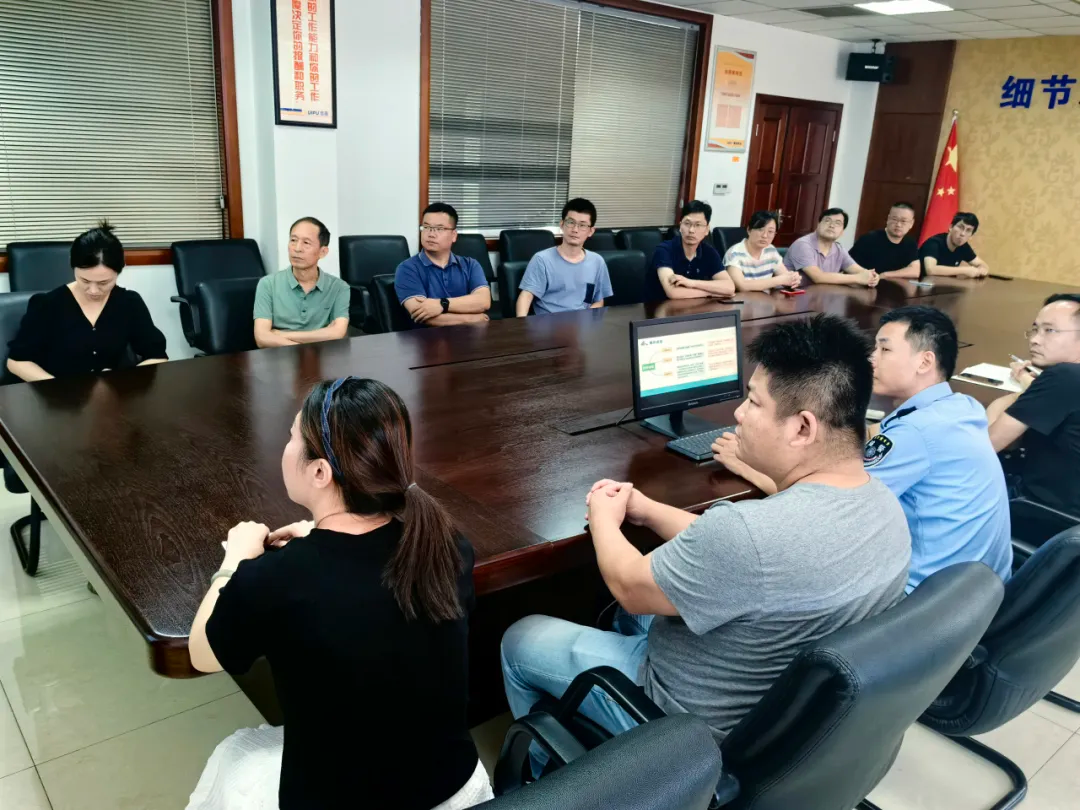
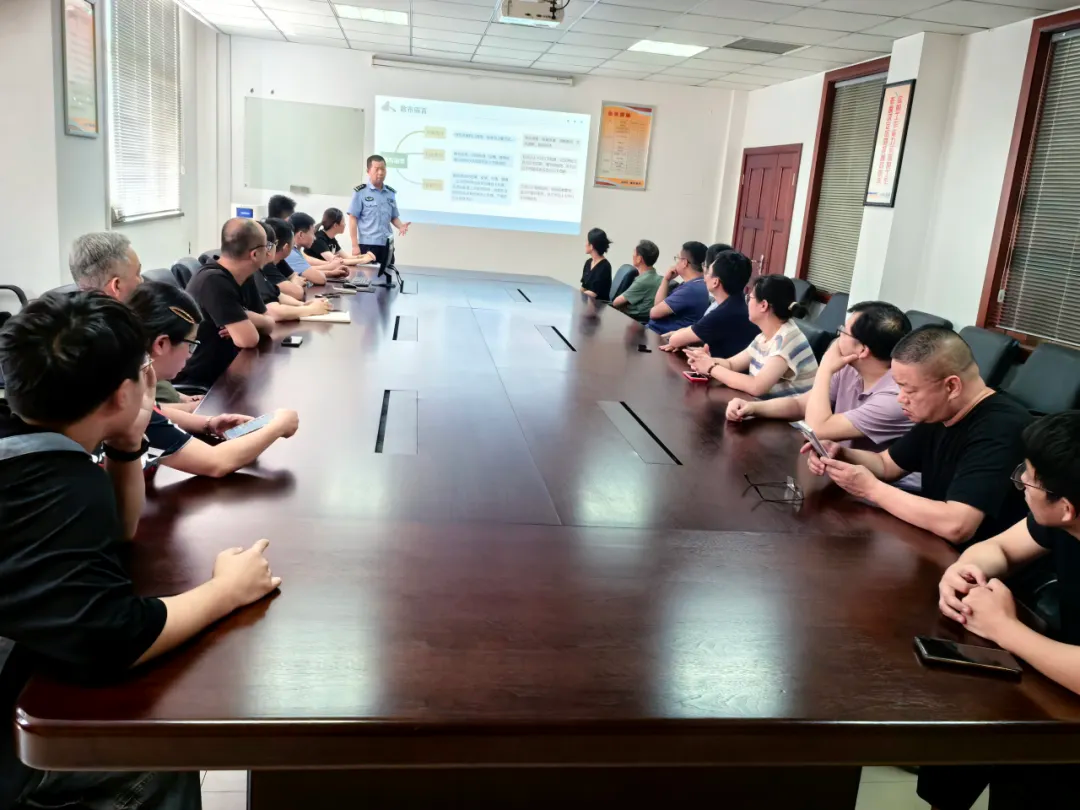
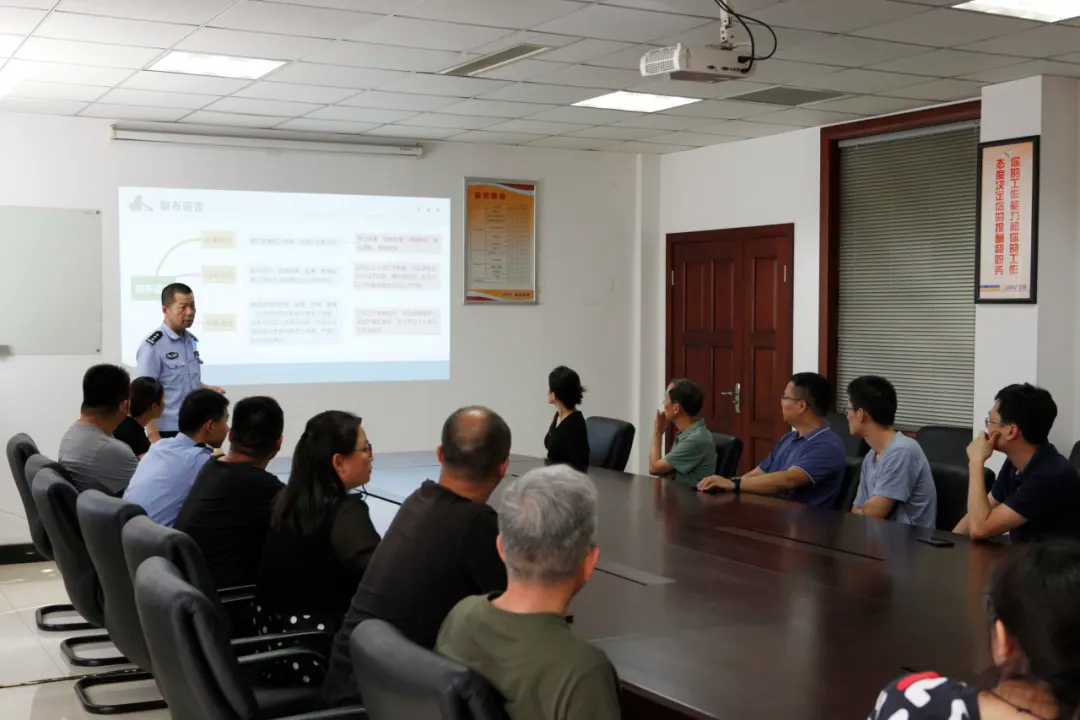
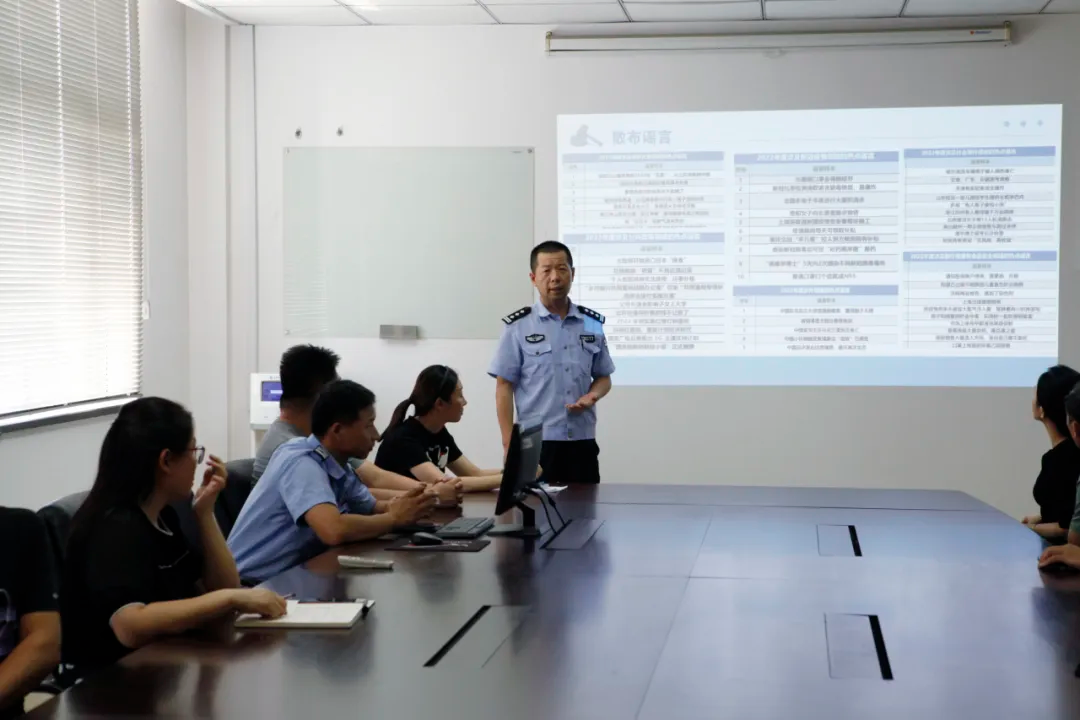
1. Sources of online rumors
There are endless rumors on the Internet. Some rumor makers do not hesitate to fabricate lies and hype events for the sake of profit. They use generalizations, fabrication, reversal of black and white, substitution of concepts, and confusion of tenses to achieve the purpose of making the fake look real. These behaviors not only infringe on the vital interests of citizens, but also seriously disrupt the public order of the Internet.
II. Common categories of online rumors
(1) Online disaster rumors
Fabricating information about an impending disaster, or fabricating or exaggerating information about the harmfulness of an already occurring disaster, causing public panic and disrupting social and economic order.
(2) Online terrorist rumors
Fabricating terrorist information or information about incidents that endanger public safety, causing public panic, disrupting social order, causing public dissatisfaction with government management, and affecting social stability.
(3) Online crime rumors
Fabricating shocking or outrageous crime information, causing public anger and fear, causing public dissatisfaction with the government, government employees or certain groups, and also affecting the reputation of the parties involved and disrupting their normal lives.
(4) Online food and product safety rumors
Fabricating or exaggerating the quality problems of a certain type of food or product, causing public resistance to such food or product, and resulting in losses to the producers and sellers of such food or product.
(5) Online personal event rumors
Fabricating eye-catching false information targeting certain individuals, infringing on the privacy of the parties involved, causing negative impacts or even economic losses to the parties involved.
III. Legal consequences of making and spreading rumors
(1) Civil liability
According to Article 1,194 of the Civil Code of the People's Republic of China: Internet users and Internet service providers who use the Internet to infringe upon the civil rights of others shall bear tort liability.
(2) Administrative penalties
According to Article 25, Paragraph 1 of the Public Security Administration Punishment Law of the People's Republic of China: Anyone who spreads rumors, falsely reports dangerous situations, epidemics, or police situations, or deliberately disturbs public order by other means shall be detained for not less than five days but not more than ten days, and may be fined not more than RMB 500; if the circumstances are minor, he shall be detained for not more than five days or fined not more than RMB 500.
(3) Criminal penalties
According to Article 291, Paragraph 2 of the Criminal Law of the People's Republic of China: Anyone who fabricates false dangerous situations, epidemics, disasters, or police situations and disseminates them on information networks or other media, or knowingly disseminates the above false information on information networks or other media, and seriously disturbs social order, shall be sentenced to fixed-term imprisonment of not more than three years, criminal detention, or public surveillance; if serious consequences are caused, he shall be sentenced to fixed-term imprisonment of not less than three years but not more than seven years.
According to the fourth item of the first paragraph of Article 293 of the Criminal Law of the People's Republic of China: Whoever fabricates false information, or knowingly spreads false information on the information network, or organizes or instructs others to spread false information on the information network, and stirs up trouble, causing serious disruption of public order, shall be convicted and punished for the crime of picking quarrels and provoking trouble.


